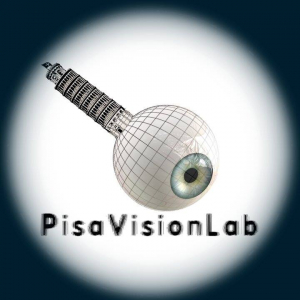2014
Gori, M., Sandini, G., Martinoli, C. & Burr, D. C. (2014).
Impairment of auditory spatial localization in congenitally blind human subjects,Brain, Pt 1 (137), 288-293.
Several studies have demonstrated enhanced auditory processing in the blind, suggesting that they compensate their visual impairment in part with greater sensitivity of the other senses. However, several physiological studies show that early visual deprivation can impact negatively on auditory spatial localization. Here we report for the first time severely impaired auditory localization in the congenitally blind: thresholds for spatially bisecting three consecutive, spatially-distributed sound sources were seriously compromised, on average 4.2-fold typical thresholds, and half performing at random. In agreement with previous studies, these subjects showed no deficits on simpler auditory spatial tasks or with auditory temporal bisection, suggesting that the encoding of Euclidean auditory relationships is specifically compromised in the congenitally blind. It points to the importance of visual experience in the construction and calibration of auditory spatial maps, with implications for rehabilitation strategies for the congenitally blind.
